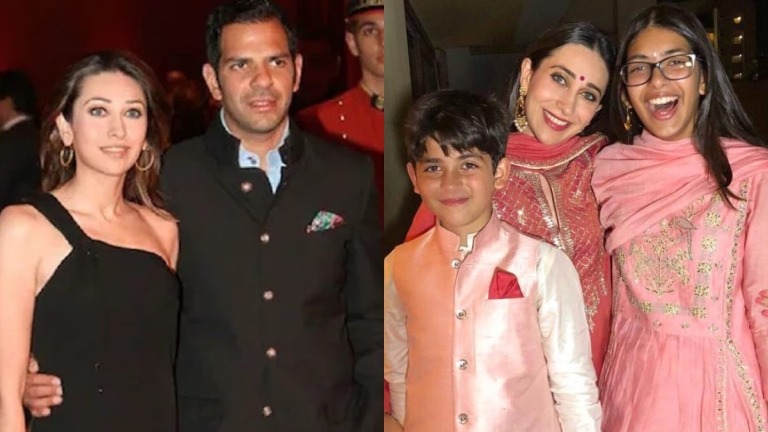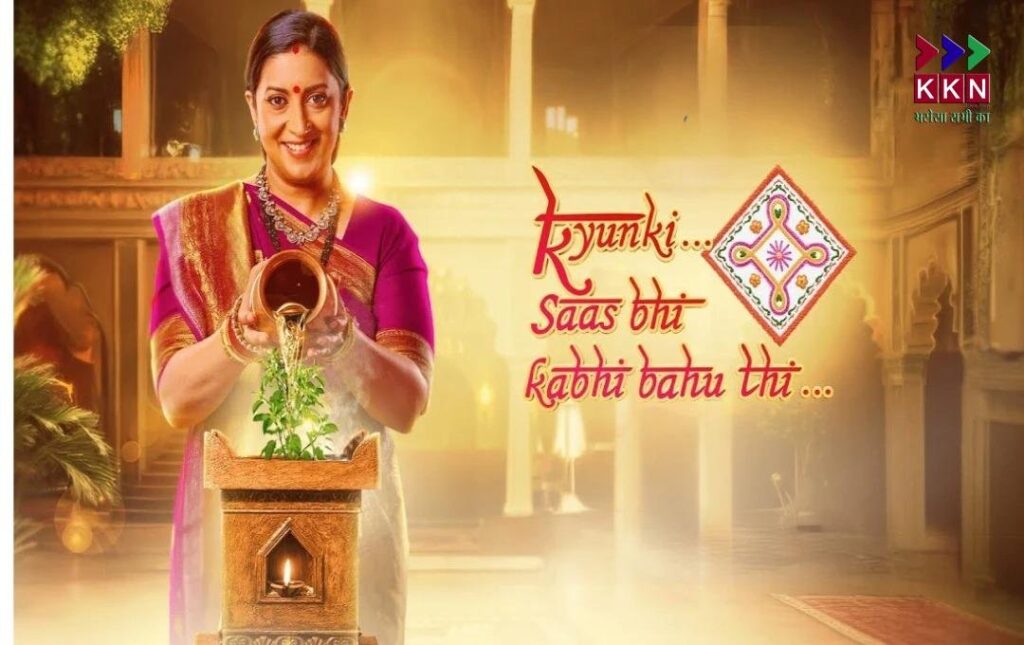
Bollywood has once again been shaken by a legal battle within one of its most well-known families. The children of actress Karisma Kapoor have approached the Delhi High Court, demanding their rightful share in the estate of their late father, Sanjay Kapoor. The dispute involves property worth thousands of crores and has drawn multiple family members into the controversy. The court is scheduled to hear the matter on September 10, a date being closely watched by both legal and entertainment circles.
Children Challenge the Will of Sanjay Kapoor
According to the petition filed in court, Karisma Kapoor’s two children have raised questions regarding the validity of Sanjay Kapoor’s alleged will. They argue that their father never mentioned any such will during his lifetime. Neither his widow Priya Kapoor, nor any other family member, disclosed its existence until much later. The complaint also alleges that Priya Kapoor’s conduct suggests that the will may have been fabricated and manipulated to serve her interests.
The children are claiming a rightful share in property worth nearly ₹30,000 crores. Their counsel has argued that Sanjay Kapoor had assured them of financial security and their future well-being multiple times. He reportedly made investments, purchased assets in personal and corporate capacities, and even named them as beneficiaries of the family trust.
Priya Kapoor’s Role in the Dispute
The case has drawn particular attention to Priya Kapoor, Sanjay Kapoor’s widow. Initially, she is said to have denied the existence of any will, claiming that all of Sanjay’s assets were under the management of the R.K. Family Trust. However, reports suggest that she later produced a document dated March 21, 2025, claiming it to be Sanjay Kapoor’s will. This sudden appearance of a will raised strong suspicions of forgery and manipulation among the petitioners.
The petition alleges that Priya Kapoor restricted access to important trust documents and financial records soon after Sanjay Kapoor’s passing. This created tension within the family, especially with Karisma’s children, who claim they were kept in the dark about key financial matters despite being legal heirs.
The Parties Involved in the Case
The legal battle has now brought multiple family members and associated individuals into the fold. The petitioners are Karisma Kapoor’s daughter and minor son, represented through their mother in court.
The first and second respondents in the case are Priya Kapoor and her minor son, who currently reside at the family farmhouse in Rajokri, Delhi. The third respondent is Sanjay Kapoor’s mother, who also lives at the same property. The fourth respondent is a woman who has identified herself as the executor of the disputed will.
Each party’s role in the property dispute adds layers of complexity to the case, with allegations ranging from concealment of facts to outright forgery.
Children’s Emotional Standpoint
In their petition, the children have emphasized that their father made several assurances regarding their financial independence and security. They recall being reassured of their stake in the family wealth and businesses. Their claim highlights that Sanjay Kapoor had involved them in business ventures and had ensured they were beneficiaries in several trust arrangements.
Following Sanjay Kapoor’s demise, the children performed his last rites, with his son lighting the funeral pyre at Lodhi Crematorium on June 19. However, soon after the funeral, disputes escalated. The children allege that Priya Kapoor began to restrict their access to financial documents and assets related to the trust.
Allegations of Manipulation and Forgery
The most serious allegations in this dispute revolve around the document produced by Priya Kapoor. The petitioners claim that the will was fabricated and manipulated. They argue that its timing and sudden emergence raise significant doubts about its authenticity.
Their counsel has further pointed out inconsistencies in Priya Kapoor’s statements, which initially denied the existence of any will. This contradiction is central to the children’s challenge, as they believe the will was manufactured to deprive them of their rightful inheritance.
Broader Legal and Family Implications
This case is more than just a property dispute; it reflects the larger complexities of inheritance laws, family trusts, and succession planning within high-profile families. With assets reportedly worth thousands of crores, the outcome of this case could have significant implications not only for the Kapoor family but also for how similar disputes are perceived in legal and business circles.
The involvement of multiple respondents, including Sanjay Kapoor’s widow, his mother, and an external executor, has complicated the matter further. Legal experts suggest that the case may stretch for months, if not years, depending on the evidence presented regarding the authenticity of the will.
Court’s Role and Next Hearing
The Delhi High Court is scheduled to hear the petition on September 10. The court’s decision on preliminary matters, such as the validity of the will and interim access to assets, will be crucial. Both sides are expected to present strong arguments, supported by documents, testimonies, and legal precedents.
If the will is found invalid, Karisma Kapoor’s children could gain significant control over their father’s estate. On the other hand, if the will is upheld, Priya Kapoor and her son could secure a larger portion of Sanjay Kapoor’s assets.
The Sanjay Kapoor property dispute has all the elements of a high-stakes legal drama—family conflict, allegations of forgery, and vast wealth at stake. As Karisma Kapoor’s children fight for their inheritance, the case is likely to attract immense public and media attention.
Beyond the glamour of Bollywood, this dispute underscores how even the most affluent families can be torn apart by questions of succession and inheritance. The Delhi High Court’s upcoming hearing will be a pivotal moment in determining the future of Sanjay Kapoor’s massive estate, as well as the legacy he leaves behind for his children.


